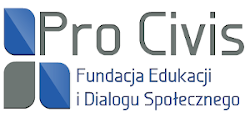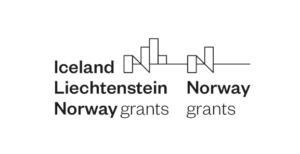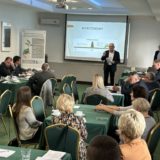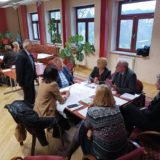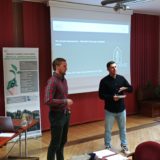BioGoLocal Workshops
- What is a model way for local authorities, entrepreneurs and representatives of civil society to cooperate for the development of local bioeconomy hubs?
- How to maximize benefits for local and regional communities through activities developing the bioeconomy?
- Can/should local authorities and administration influence the level of innovation in local bioeconomies?
- Who should be responsible for mapping local needs in terms of education and skills necessary for the green transformation?
- How to network local and regional initiatives of a strategic, programmatic, political and administrative nature – with the aim of creating new enterprises operating in the sectors of key importance to the European Green Deal?
Participants of the Polish-Norwegian BioGoLocal workshops from the counties of Starachowice (forest-wood bioeconomy) and Sandomierz (agricultural-food bioeconomy) worked on such and thematically similar issues on November 20-23, 2023.
The working tools included: SWOT analysis and elements of creation using Design Thinking. Theoretical support was provided by Professors of the Warsaw University of Life Sciences and the University of Economics in Krakow, as well as experts – Polish and Norwegian practitioners. We would like to thank all participants for their active attitude and substantive discussions. The final results of the workshop work, supported by theoretical foundations, will soon be presented as part of the publication – the report “Implementing Bioeconomy in Practice at Local Level”.
The next stage of the BioGoLocal project will be a study trip of representatives of local government authorities and entrepreneurs to Norway (January 2024). We also invite you to the Polish-Norwegian final conference of BioGoLocal (May 2024)!
The project „BioGoLocal – Implementing Circular Bioeconomy in Practice at Local Level” is financed by the Fund for Bilateral Relations of the European Economic Area Financial Mechanism 2014-2021 and Norwegian Financial Mechanism 2014-2021 (“BILATERAL INITIATIVES IN THE AREA OF GREEN TRANSITION”).
